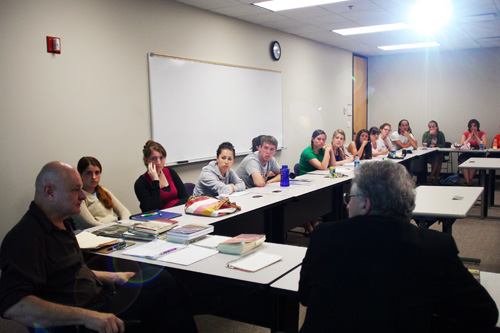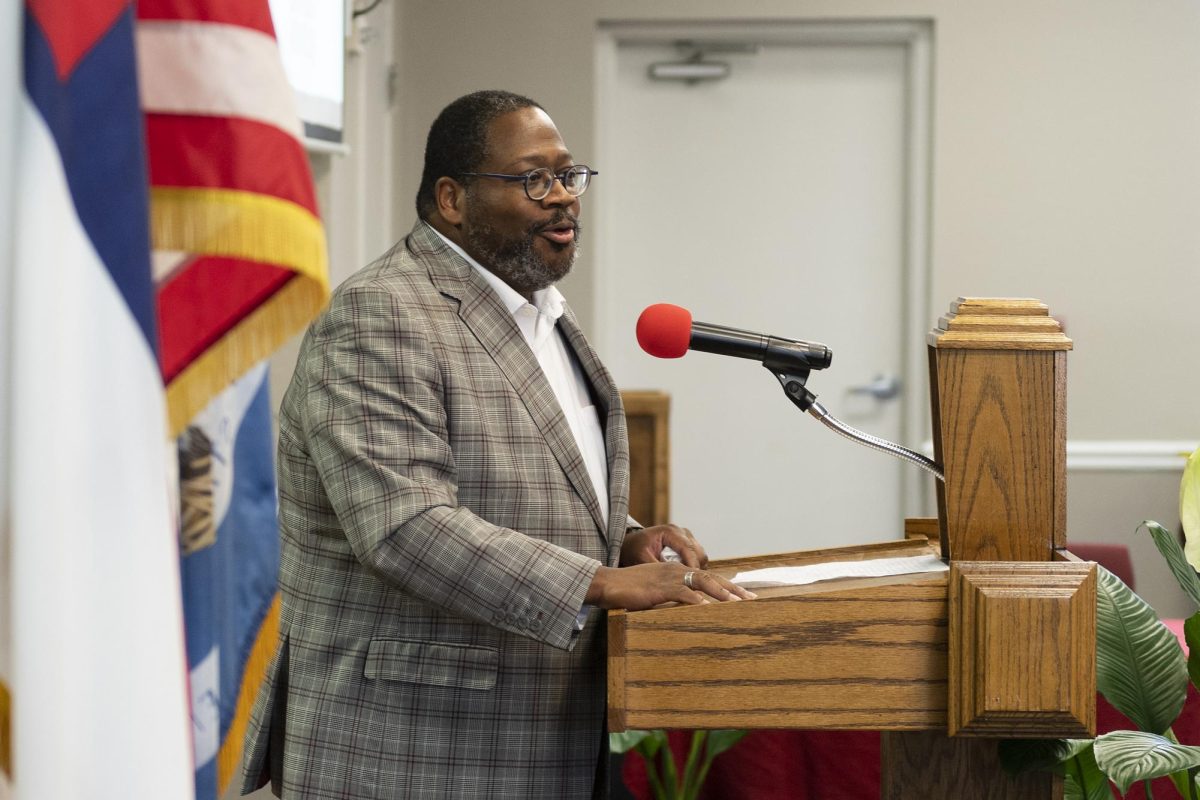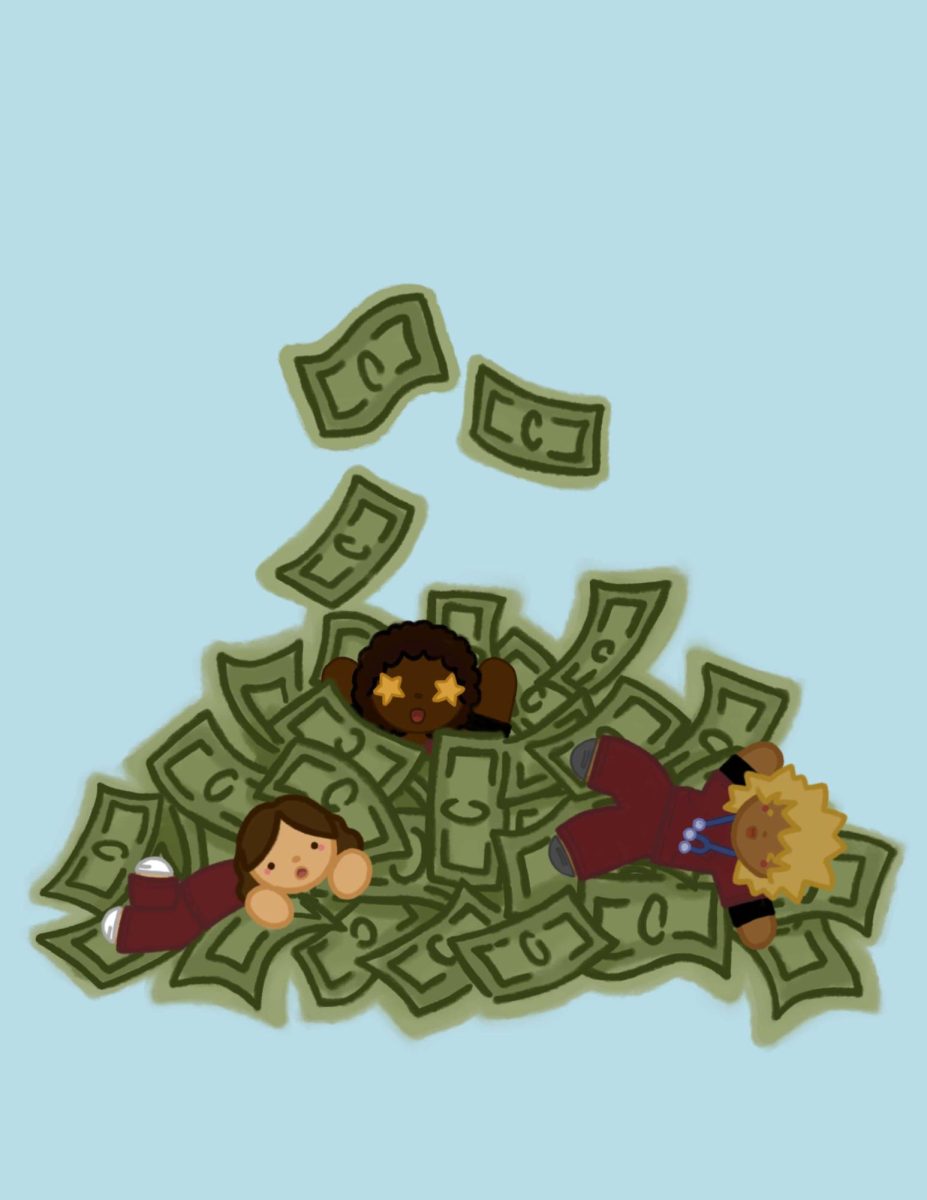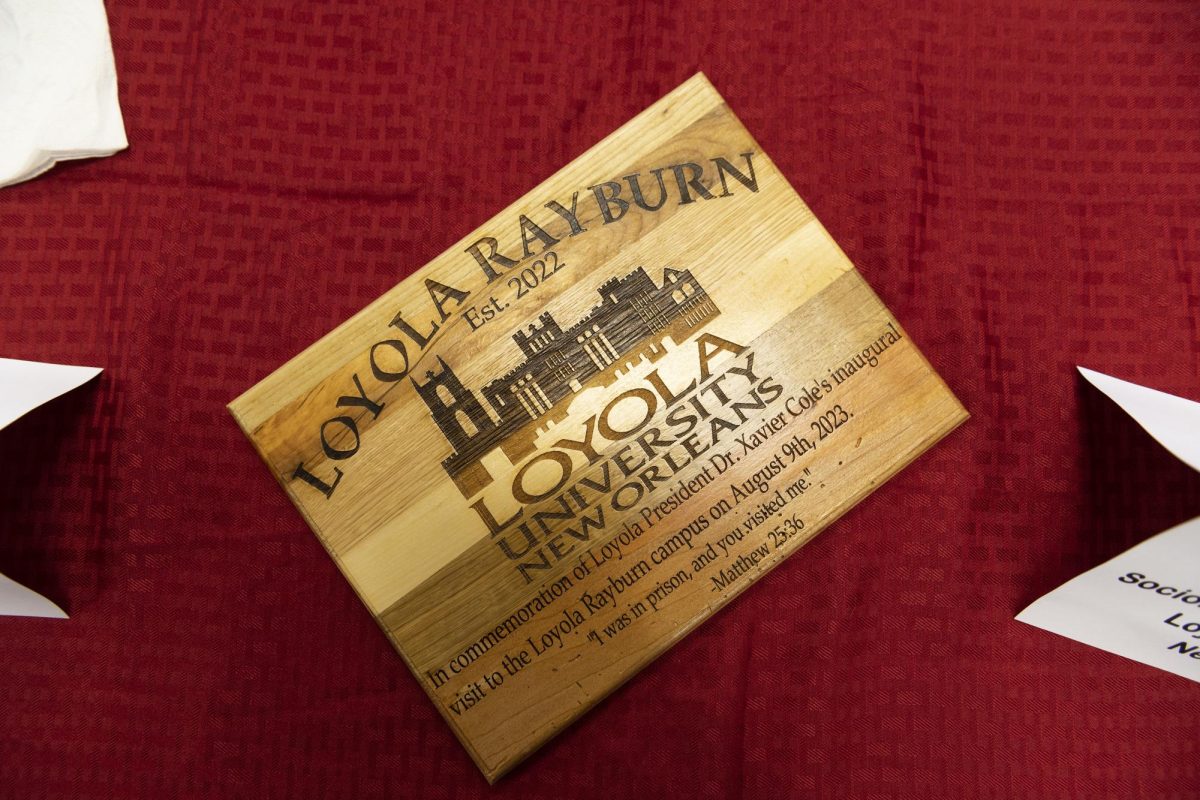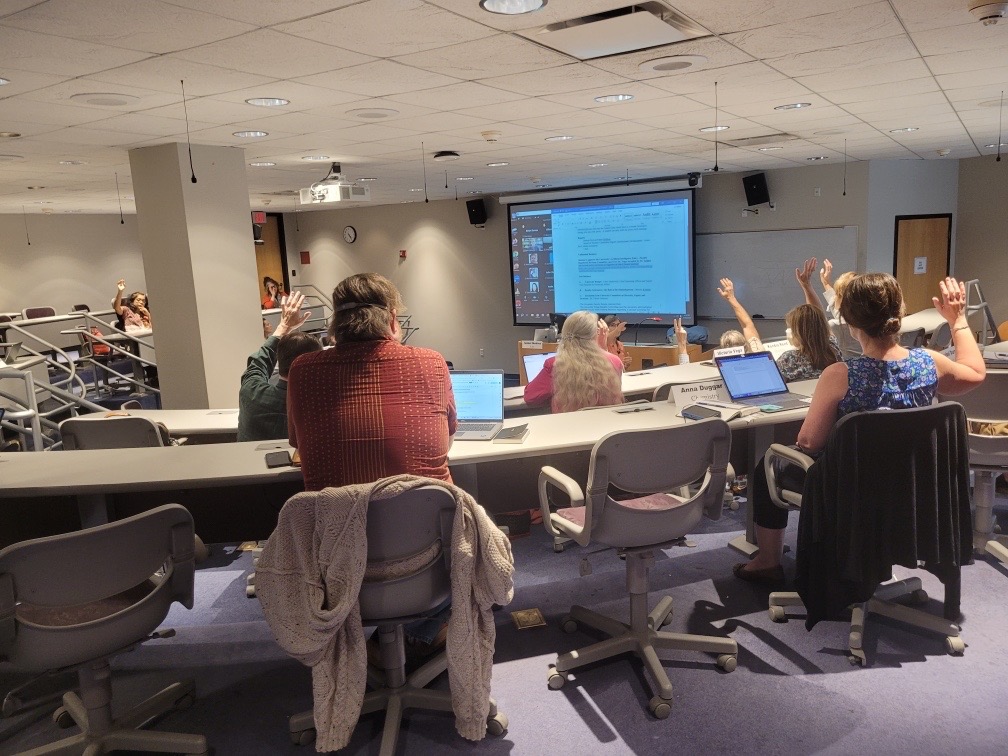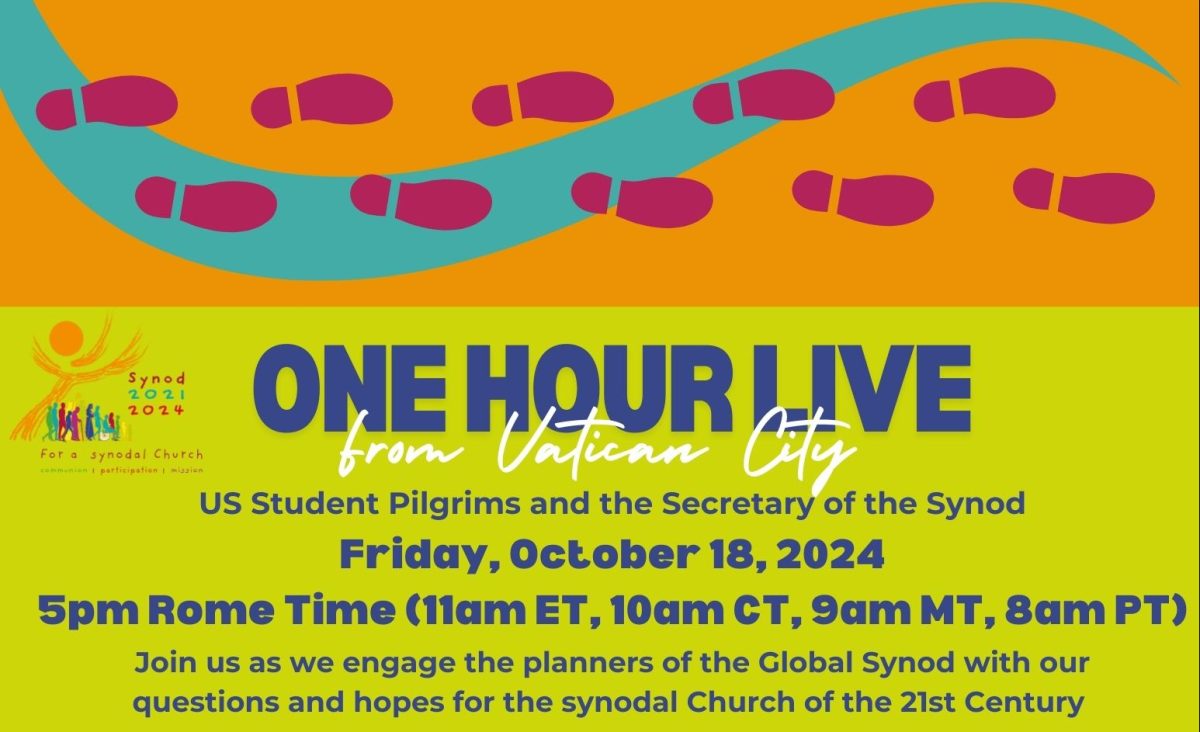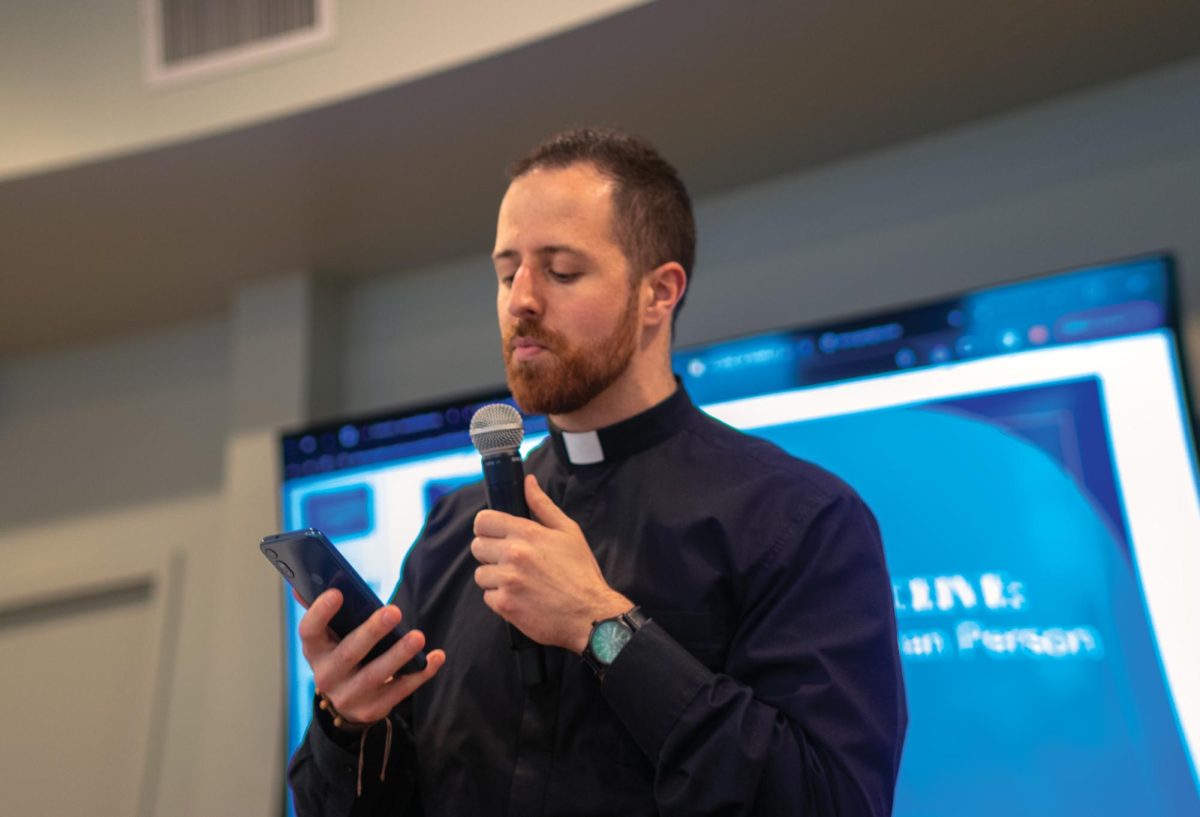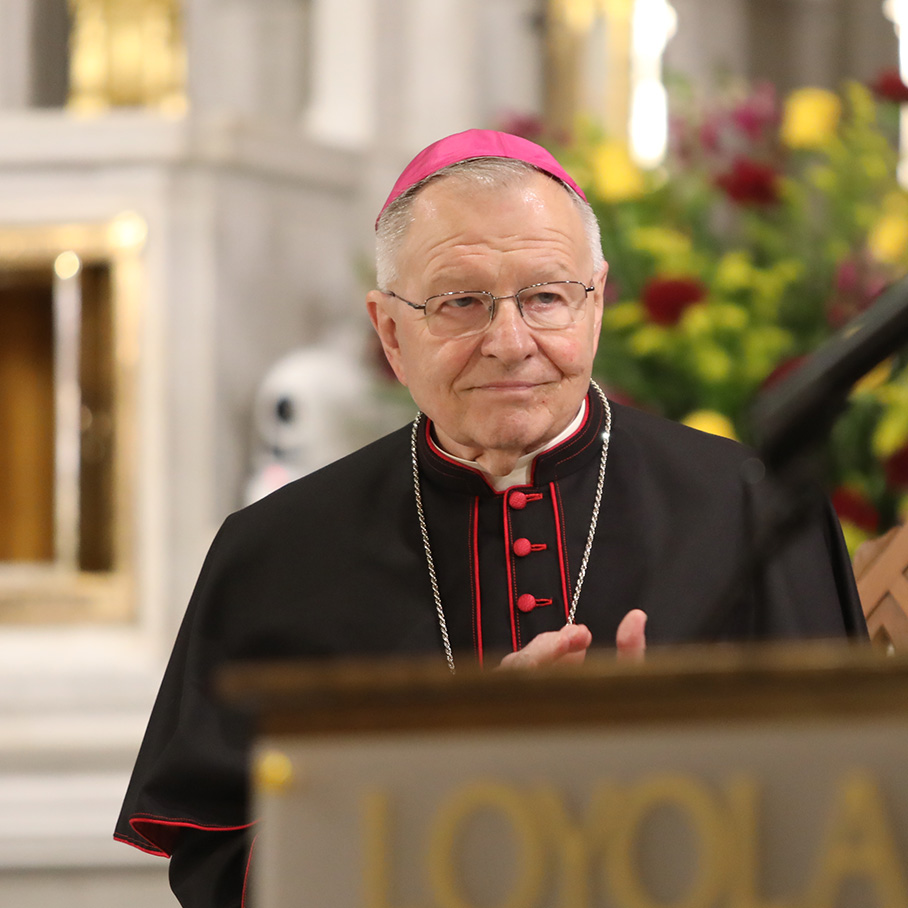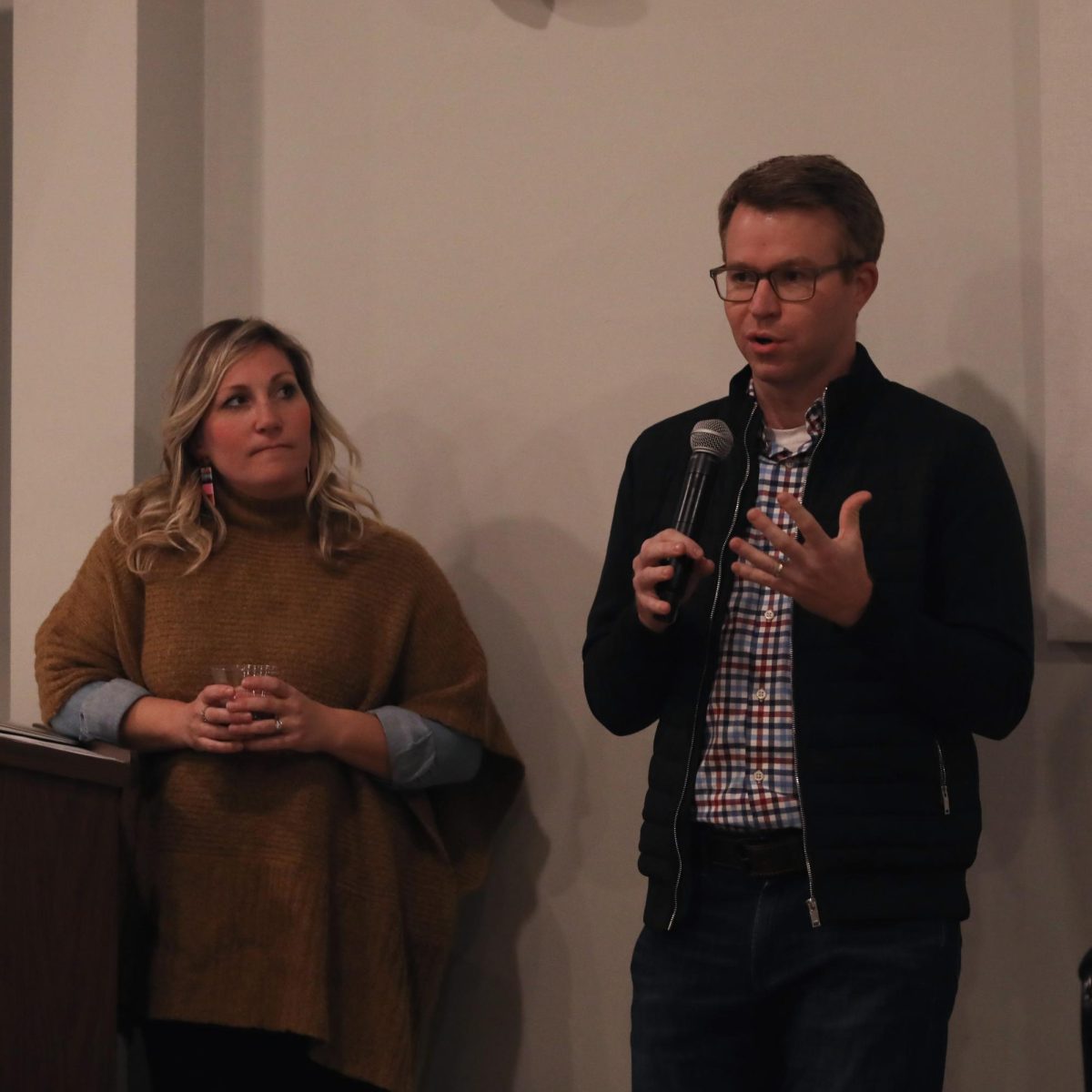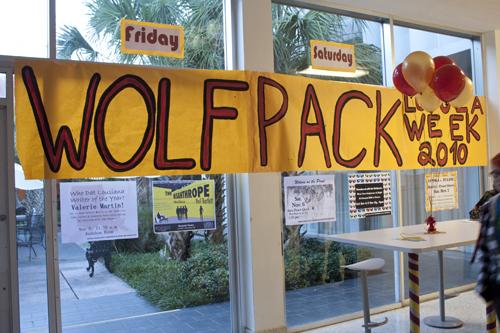Loyola was selected to host the introduction of the first Jesuit Summer Institute for Advanced Studies.
A joint educational venture between Loyola’s own honors program and that of Jesuit universities across the country.
On Saturday, May 30, 28 undergraduate students from 15 different Jesuit Universities arrived at Loyola for two weeks to participate in the inaugural session.
Each student was selected from a pool of approximately 80 applicants — all of whom were endorsed by either the provost, dean, or representative of each university.
The scholarship program included free tuition, boarding, meals, airfare, and all other related expenses. In addition, the Association of Jesuit Colleges and Universities awarded each student a onetime stipend of $500 coupled with a daily spending allowance.
“It gives students a great opportunity to comprehend the entire history of the city,” said Kathryn Doyle, a visiting student from Loyola College of Maryland.
Centering on the theme of “Culture and Crisis in New Orleans,” the two-week program transcended the boundaries of traditional classroom education.
“I have never seen anything like it,” said John Clark, philosophy professor and one of two co-teachers, “If every course were like this, Loyola would be known globally.”
The program focused on educating students of the city’s unique culture of crisis through the lenses of ecology, philosophy, history, literature, music, art and cuisine.
After a classroom seminar by Clark and John Biguenet, the other co-teacher of the program, students spent the remainder of the day engaging in cultural activities throughout the city.
Some of the activities included attending Biguenet’s play Shotgun at Canal Place, visiting Jean Laffite Park at Barataria Preserve, touring Destrehan Plantation, examining the New Orleans and Jesuit Historical Archives at Monroe Library and touring the French Quarter and Garden District.
Students also viewed several documentaries portraying the culture and development of the cities’ present condition. Other activities of the program involved enjoying snowballs at Hansen’s, an afternoon at Audubon Zoo, and dinner with dance lessons at Mulate’s Cajun restaurant.
“It has been a great opportunity to learn and experience things about the city you cannot learn in the classroom,” said Rebekah Locke, Loyola representative and English Writing sophomore.
The program allowed students to attend several guest lectures.
Although the two most well-known guest speakers were Dr. Richard Campanella of Tulane and Dr. Lance Hill of the Southern Institute of Education and Research, there were also lectures by Loyola History Professor David Moore, local author Jed Horne, local poet Kaclamu ya Salaam and radio producer Nick Spitzer.
Another component of the program was prayer and reflection. Students attended several masses and were offered many reflection opportunities.
On the final day of the program, students gave presentations expressing what it would mean to leave New Orleans, how the visit changed their overall perception of the city and how the lessons of New Orleans can be useful in the future.
“It’s an honor for Loyola to host the inaugural Jesuit Summer Institute,” said Biguenet.
Clark agreed, and hopes to send “the message that exciting things are going on at Loyola.”
Alex Ackel can be reached at afackelloyno.edu.

TOM MACOM/The Maroon (Loyola Maroon)


